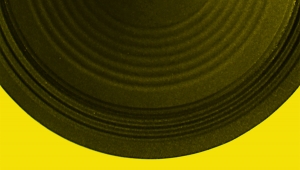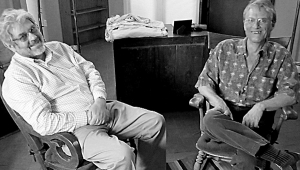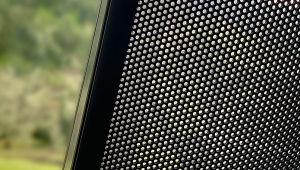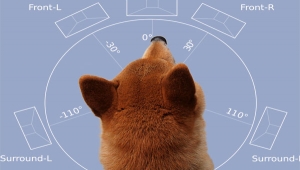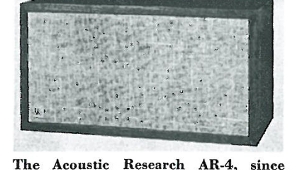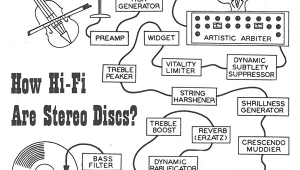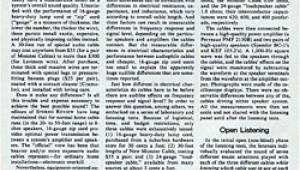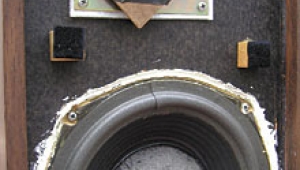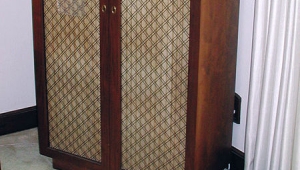| Columns Retired Columns & Blogs |
I found this article to be the one of the most insightful pieces of writing Stereophile has put to print. You are a great writer and copy editor, and truly understand the beauty of your writing, as illustrated above.
I remember these transitions of the magazine's history and I am just amazed how well this piece fills in the cracks. I finally realize you, Richard, were the cement. I know I can feel every writers' soul as a part of this magazine, but finally realizing how perfectly you worked to create that image of all the initials that contribute here. (I've seen CG's preprint of the Nobis Cantabile 25 years ago... they were a capital murder offense in writing! And yet he was still a great writer!)
Page three also delivers a gut-check, and JA has always been forgiving and generous online. I also feel I have learned about critical audio reviewing purely from JA's approach to 'the Reader is the Boss' over the years; the neophyte and the veteran both derive knowledge from every writer in these pages (if they have an open mind).
I wish I could convey more of my appreciation for your work and that of every single person that has spent their time writing or working for this magazine. You deserve it all.





